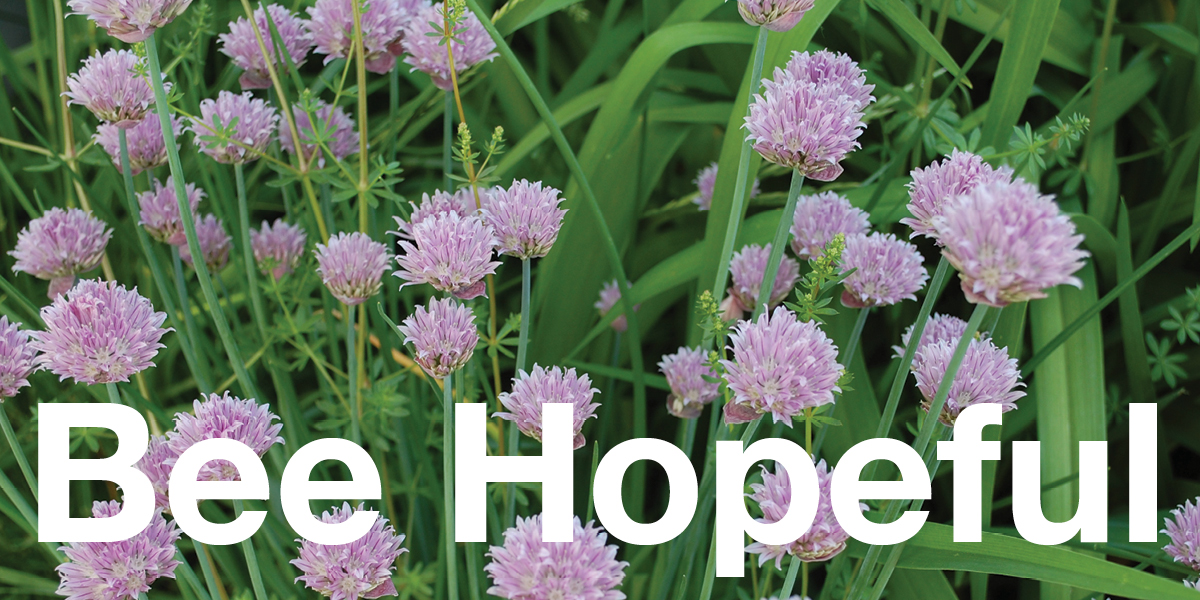
Bee hopeful: Mercy Farm hopes to attract bee swarm
April Boone is hoping for a swarm.
A swarm of bees.
The three active hives in the “bee yard” at Mercy Farm in Benson — where Boone is coordinator — are lifeless; the bees did not survive the winter.
A swarm is a large group of worker bees, drones, and usually the old queen that leaves the parent colony to establish a new colony.
So hopeful are those involved with Mercy Farm — known formally as the Mercy Ecospirituality Center and a sponsored work of the Sisters of Mercy — that two bee shelters on the property are ready to host a swarm. Bob Phelps of Benson, a bee enthusiast who helps with the bees at there, even puts lemon grass oil into them to attract the bees.
“We are always hopeful,” Boone said.
The farm’s mission is to inspire reverence for Earth and to live in harmony with all of creation. There connection to nature is known as a spiritual practice. Dedicated to developing a more insightful and meaningful relationship with self and the world, the community focuses on connecting people with nature and healing the Earth by weaving together practices like local outreach, gardening, beekeeping, farming, and sustainability.
“We are always finding new ways of being in communion with nature and not to be afraid of other species,” Boone said. “There is risk involved in all relationships and disappointments in all relationships.”
So too with the bees.
She was disappointed the bees did not survive the winter, but Phelps said that is not unusual; he lost four of his six hives. Among the possible causes are varroa mites, parasites that carry disease and weaken the hives; drought; and too-cold winters.
New honeybee swarms have 4,000 to 6,000 bees. An active hive generally has 10,000 to 50,000.
But the tiny bees have a huge responsibility — pollination — and are therefore essential to the ecosystem. As a bumper sticker says, “No bees, no food.”
Pollinators like bees transfer pollen and seeds from one flower to another, fertilizing the plant so it can grow and produce food.
“If the bees die off, we’re going to have a problem,” Boone said.
Bees are part of the healthy farm system, said Liz Volpe, program coordinator at Mercy Farm. “Part of a healthy agricultural system is having those pollinators.”
Ready for the bees at the farm in late May were all kinds of flowers and vegetables like irises and daisies and asparagus, garlic, lettuce, spinach, broccoli, peas, pumpkins, and carrots.
“Living in harmony with nature feels good,” Boone said. “There’s a quote, ‘Even in the silence things are growing.’”
Bees leave their hive when it gets too crowded, so to propagate they seek a new home. “When bees leave their hive, they are homeless,” Phelps said, noting that if a swarm does not find its way to Mercy Farm, a nucleus colony can be purchased to create an active hive there.
He said the honeybees work with purpose: to keep themselves alive and to pollinate. They live for 6 to 8 weeks: “They work themselves to death.”
Boone called the bees a metaphor for hard-working people, and Mercy Farm is a place they can go to rejuvenate.
“There are so many metaphors about bees in community,” she continued. “If the queen is not functioning, the worker bees are not functioning. If your leadership is not functioning, it’s not going to work.”
But as for the return of bees to Mercy Farm, she commented, “We live in hope.”
Editor’s note: Mercy Farm offers hospitality for those seeking solace and to refresh their spirit in the beauty of creation, as well as programs in ecospirituality. For more information, go to mercyecology.org.
—Originally published in the Summer 2023 issue of Vermont Catholic magazine.

